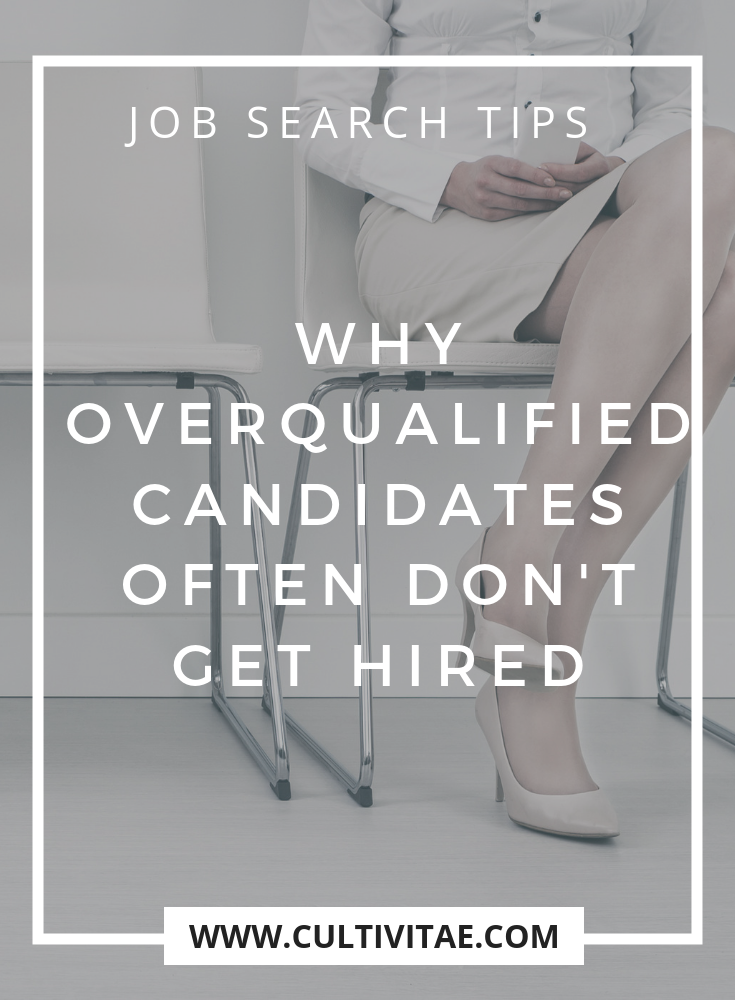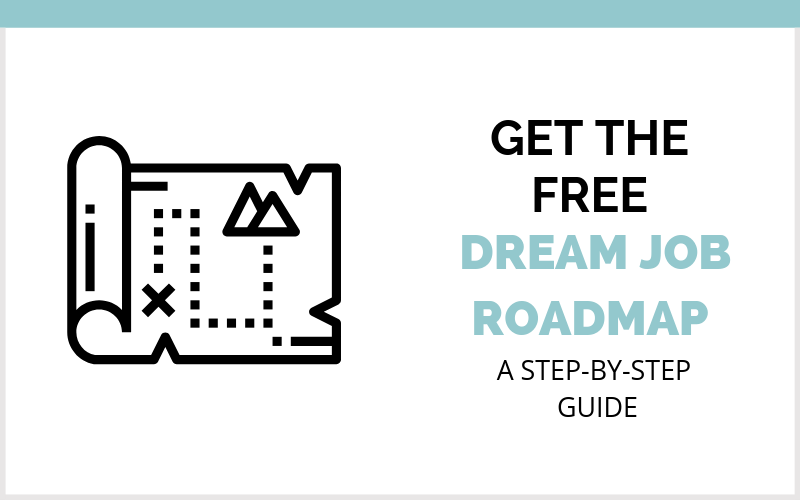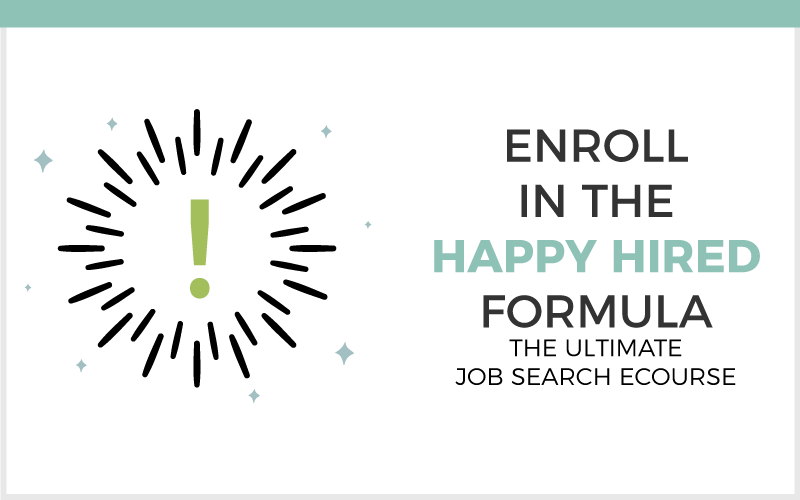One of the biggest biases in recruiting is related to the fact that people are risk-averse. So even though you might be more experienced, that doesn’t necessarily mean you’ll get hired. Keep reading to understand the reasons why you’re not getting hired even though you meet all (and more) of the job description requirements.
Why Overqualified Candidates Often Don’t Get Hired
I want to paint a scenario:
Candidate A meets all of the qualifications and more.
Candidate B meets 70% of the qualifications but shows great potential to learn quickly.
As a hiring manager and recruiter, the biggest pain point when it comes to hiring is actually retention over lack of skills. Every time a company has to replace someone, they actually lose a lot of money in training time and costs, plus possible severance packages and other benefits. A company is always going to hire the person who can demonstrate they are looking for a long-term fit.
So let’s go back to Candidate A — they can clearly do all the aspects of the job description and more. So what are the reasons why they would not get hired?
Common Signs of Overqualified Candidates
1. Biggest concern: very rarely do people want to take a step back in their careers. As a hiring manager, I’d be interested in learning what is this person’s ultimate goal? Will they take the position and find themselves growing bored 2 months in and now want my job? I wouldn’t want anyone to take a step back in their career or take over my career! 🙂 My thought is they should be in a position they can continuously learn and grow in (be a Candidate B which we’ll dive into shortly), rather than stay in a position they’re overqualified for.
2. If they can do everything can we really afford them? If you are super experienced and accomplished, some companies may make assumptions around your affordability. Some companies have no issue paying top dollar for talent while others may have a pay philosophy that meets or lags the market. This is all up to the company and part of your salary negotiations should take this into consideration. But without going into too much detail, it’s important to make sure that if you make it to the interview process you continuously share that pay is not your number one motivating factor, it’s . It’s on us as job seekers to market ourselves and combat any possible concerns.
Now let’s go to Candidate B…
Summing Up the Reasons Why You’re Not Getting Hired
Yes, maybe they don’t know everything — heck, they don’t know 30% of the job description requirements. But if they are able to build rapport AND show they are coachable and trainable, employers are often likely to give them a chance. Why? They are more likely to continue being happy in a role where they are being challenged every day. There’s a lot of studies that, more than anything, employees want challenge and growth! Candidate B would be the safest bet because they will stick around longer and more than likely give a lot of room in the hiring budget (not to say that a savvy Candidate B can’t negotiate the mid-to-high salary range — always negotiate)!
Humans are risk-averse so unfortunately, that’s how it goes. That’s typically why overqualified candidates don’t get hired. If you are Candidate A and genuinely are okay with taking a role where you meet 100%+ of the job description requirements, then you’re most likely going to need to find someone who can be your internal ambassador and vouch for you (go through a referral) otherwise my question is why are you not applying for jobs where you meet 70% of the job description (the next step up in your career)?

Here’s a video of the 4 recruiting biases and how to overcome them.











